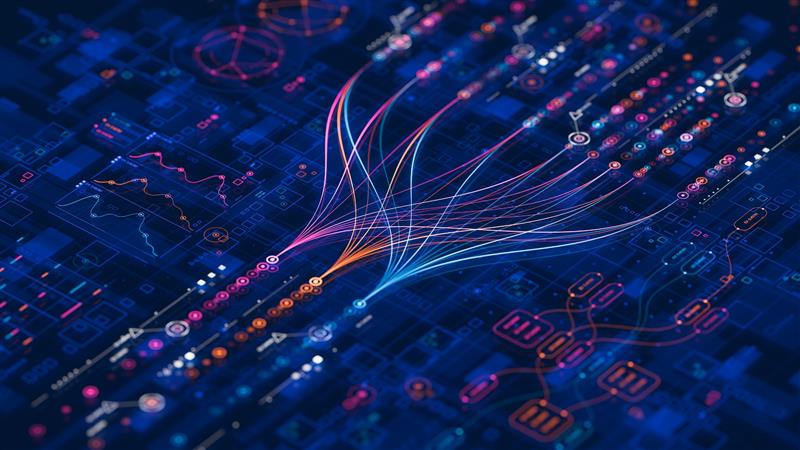
On November 7, FutureHouse, a research lab established by MIT graduate Sam Rodriques and computational chemist Andrew White, presented an AI scientist that is capable of automating complex research.
Proponents revealed that these AIs act as indispensable cognitive prosthetics, managing sensory overload and accelerating breakthroughs. Scientific research automation revives debate over whether human creativity can ever be replaced by autonomous discovery.
FutureHouse’s autonomous AI scientist is yet another shift that could compress six months of lab work into hours.
But can machines ever reproduce the spark of human insight, or will they always need human oversight to guide them?
New Age of AI Scientific Discovery
It’s a process that has been labor-intensive, with long hours of reading, analysis, and testing over decades. Now, FutureHouse’s AI discovery platform challenges that notion.
The company has developed an architecture of AI agents that could handle tasks such as literature searches, data interpretation, and experiment planning-work that usually takes human teams weeks to execute.
“Natural language is the real language of science,” Rodriques says. “The only way we know how to represent discoveries, hypothesize, and reason is with natural language.”
This principle drives FutureHouse’s AI science approach, allowing the system to read, summarize, and reason across thousands of papers in minutes.
Its list of innovations includes agents such as Crow, which retrieves papers; Owl, for checking whether specific experiments have been conducted; and Phoenix, for automated experimental design. Together, these form a system that doesn’t merely summarize information, but connects ideas, spots patterns, and proposes new directions for inquiry.
AI Scientist Functionality
The AI scientist doesn’t replace researchers but rather collaborates with them. FutureHouse’s platform emulates a virtual lab setting, a sort of AI laboratories, in which agents share information, track progress, and make iterative improvements over hundreds of steps in research.
Each performs a role.
Some serve as data analysis AI agents that interpret results, while others design hypotheses or review code. In one demo, these agents identified a possible treatment for dry age-related macular degeneration, one of the most common causes of blindness. The process took less than a day, whereas it might have taken a team of biologists months to do.
This is the point at which scientific discovery in AI shifts: machines not only analyze information but create and test new ideas. Of course, each finding still requires human review, a reminder that oversight will always be part of this new research environment.
Human AI Research Collaboration
What makes this system unique is its way of working with scientists.
The model of collaboration in human-AI research lets researchers frame broad goals, while the system itself independently explores data, proposes connections, and refines hypotheses.
There is a case where an AI scientist has pinpointed a gene linked to polycystic ovary syndrome, and its mapped studies related to Alzheimer’s with greater precision than human teams.
Yet, even with such strengths, the AI scientist limitations remain clear.
The founders of FutureHouse think that their system is part of a wider research and development (R&D) AI transformation in which laboratories begin using AI at all points in the process of experimentation. Combining data driven reasoning with natural language understanding could transform how research is planned, conducted, and shared.
As Rodriques puts it, the objective is to develop agents that interpret data and run experiments using specialized computational models to create simulations, making a step toward self-improving science. That could usher in a new phase of science AI acceleration, in which discovery would be continuous, adaptive, and globally available.
For experts, there’s a heavy warning to be considered. We are outsourcing core human functions, such as social navigation and science intuition, to opaque algorithms. It’s the creation of a world where neurodivergent people and researchers are equally – permanently – tethered to corporate controlled intelligence, be it through an AI scientist, or otherwise.
Humans are collectively stifling organic brain development and the serendipitous failures that naturally lead to genuine innovation. And so, in the end, human insight may remain the most important instrument in any lab, no matter how advanced intelligence beside it.
Inside Telecom provides you with an extensive list of content covering all aspects of the tech industry. Keep an eye on our Intelligent Tech sections to stay informed and up-to-date with our daily articles.